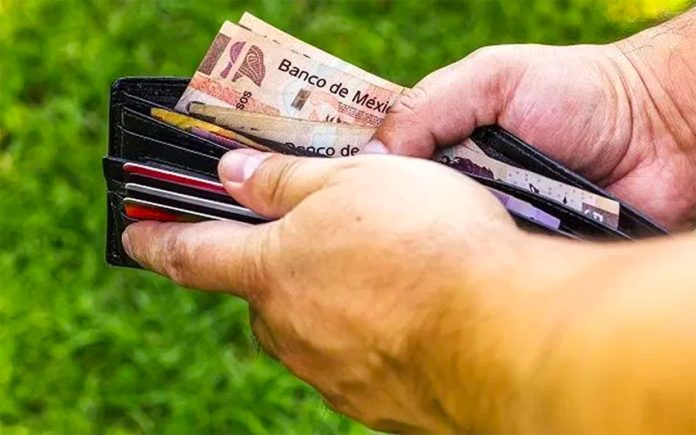The National Banking and Securities Commission (CNBV) has received 85 applications from companies looking to operate under Mexico’s new financial technology law, part of President López Obrador’s initiative to increase financial inclusion.
With the issuance of the fintech law in March 2018, the government intends to reduce the amount of cash in circulation in order to curtail money laundering and corruption, as well as bring more people into the formal economy.
Of the 85 fintech companies that applied, 60 are electronic payment processors and 25 are collective financing companies. The CNBV did not say when it would complete the authorization process.
On Thursday, the commission said that fintech companies that have still not applied would no longer be able to do business in Mexico and that sanctions would be imposed against those that do.
An online payment service affected by the new law is PayPal, which chose not to seek authorization as an electronic payment fund, but to operate instead as a payment aggregator service. To comply with the law, which required financial services to register by Wednesday, PayPal transferred any balances in users’ accounts to their bank accounts.
It announced the transfer a month ago when it explained that any outstanding balances would automatically be transferred to users’ bank accounts.
It is estimated that 44% of the adult population in Mexico do not own financial products. Many people are deterred by past scandals and prohibitively high banking fees, or are simply too poor to save money. Many also stay out of the formal banking system to avoid paying taxes.
Finance Secretary Arturo Herrera has led the charge to increase financial inclusion. The initiative includes a shift to digital wallets or direct deposit to disburse welfare benefits.
Herrera expects fintechs to be able to bring competition to the money transfer industry, which will reduce remittance costs for Mexicans sending money home from abroad, thus becoming another benefit for the poor who rely on international wire transfers.
The Spanish bank Santander has made a US $57.5-million investment in Mexican fintech startup Klar, the bank’s largest investment in the country to date.
Boasting US $200 million in capital, Santander’s venture capital fund InnoVenture has invested in 25 fintech startups since its creation in 2014.
Source: Reuters (en)
